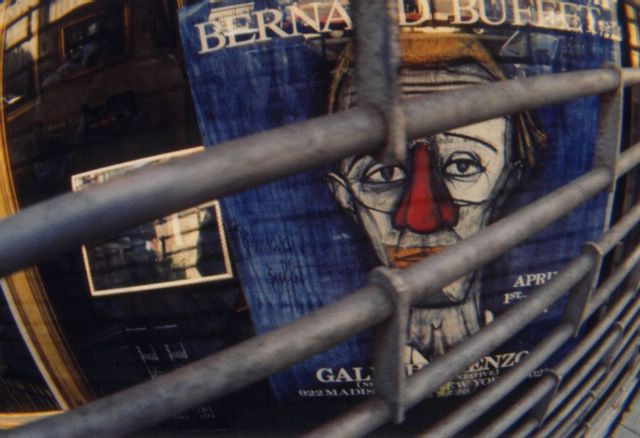I suppose this could be utter hokum, and I'm sure there's stuff being left out of this article, but it doesn't sound all that implausible to me, and it's bloody fascinating:
The essential idea was to give a monkey a dollar and see what it did with it. The currency Chen settled on was a silver disc, one inch in diameter, with a hole in the middle -- "kind of like Chinese money," he says. It took several months of rudimentary repetition to teach the monkeys that these tokens were valuable as a means of exchange for a treat and would be similarly valuable the next day. Having gained that understanding, a capuchin would then be presented with 12 tokens on a tray and have to decide how many to surrender for, say, Jell-O cubes versus grapes. This first step allowed each capuchin to reveal its preferences and to grasp the concept of budgeting.
Then Chen introduced price shocks and wealth shocks. If, for instance, the price of Jell-O fell (two cubes instead of one per token), would the capuchin buy more Jell-O and fewer grapes? The capuchins responded rationally to tests like this -- that is, they responded the way most readers of The Times would respond. In economist-speak, the capuchins adhered to the rules of utility maximization and price theory: when the price of something falls, people tend to buy more of it.
(snip)
...The data generated by the capuchin monkeys, Chen says, "make them statistically indistinguishable from most stock-market investors."
But do the capuchins actually understand money? Or is Chen simply exploiting their endless appetites to make them perform neat tricks?
Several facts suggest the former. During a recent capuchin experiment that used cucumbers as treats, a research assistant happened to slice the cucumber into discs instead of cubes, as was typical. One capuchin picked up a slice, started to eat it and then ran over to a researcher to see if he could "buy" something sweeter with it. To the capuchin, a round slice of cucumber bore enough resemblance to Chen's silver tokens to seem like another piece of currency.
Then there is the stealing.... Once, a capuchin in the testing chamber picked up an entire tray of tokens, flung them into the main chamber and then scurried in after them -- a combination jailbreak and bank heist -- which led to a chaotic scene in which the human researchers had to rush into the main chamber and offer food bribes for the tokens, a reinforcement that in effect encouraged more stealing.
Something else happened during that chaotic scene, something that convinced Chen of the monkeys' true grasp of money. Perhaps the most distinguishing characteristic of money, after all, is its fungibility, the fact that it can be used to buy not just food but anything. During the chaos in the monkey cage, Chen saw something out of the corner of his eye that he would later try to play down but in his heart of hearts he knew to be true. What he witnessed was probably the first observed exchange of money for sex in the history of monkeykind. (Further proof that the monkeys truly understood money: the monkey who was paid for sex immediately traded the token in for a grape.)
This last bit leads directly to a sentence that has probably never been written before: "...Chen has taken steps to ensure that future monkey sex at Yale occurs as nature intended it."
Anyway, I don't have much to add to this, other than that I think it's pretty damn cool, especially the part about the capuhoochie (although, to be honest, I notice the article never specifies the gender of either monkey, so it could just as easily be a capugigolo).
Also, I just really like the word "monkey," and all the monkeyness it implies.

8 comments:
Monkey whores and monkey bank robbers... I'm speechless.
So are monkeys!
Ha! I said it again!
shock the monkey to buy!
That is great and don't have any other comment than ...
Monkeys!!
If you put a bunch of monkeys in a room with money plates, ink, and paper, they could, someday, make hundreds of dollars.
Hmm... that doesn't sound right. What was that saying?
any of those monkeys running for president in 08? just askin'
-her eyes
Thanks, Jenny!
In case you didn't see it @ Eschaton,Happy BDay, Eli! Many happy returns. :)
If they start testing in this manner on humans, I hope they don't use the 'blogger' who shall remain nameless. The tests prolly would turn out identical. lol
Post a Comment